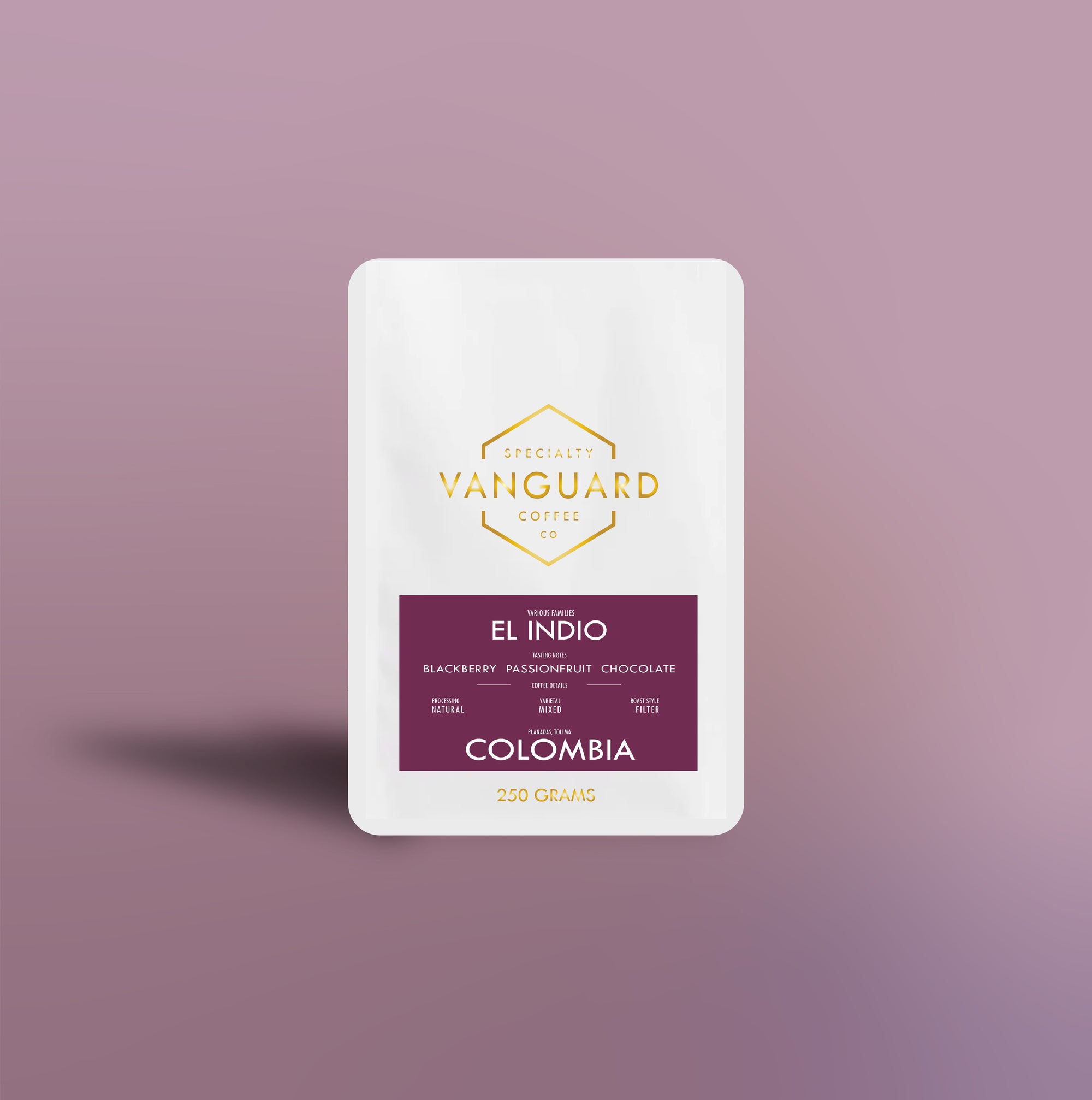
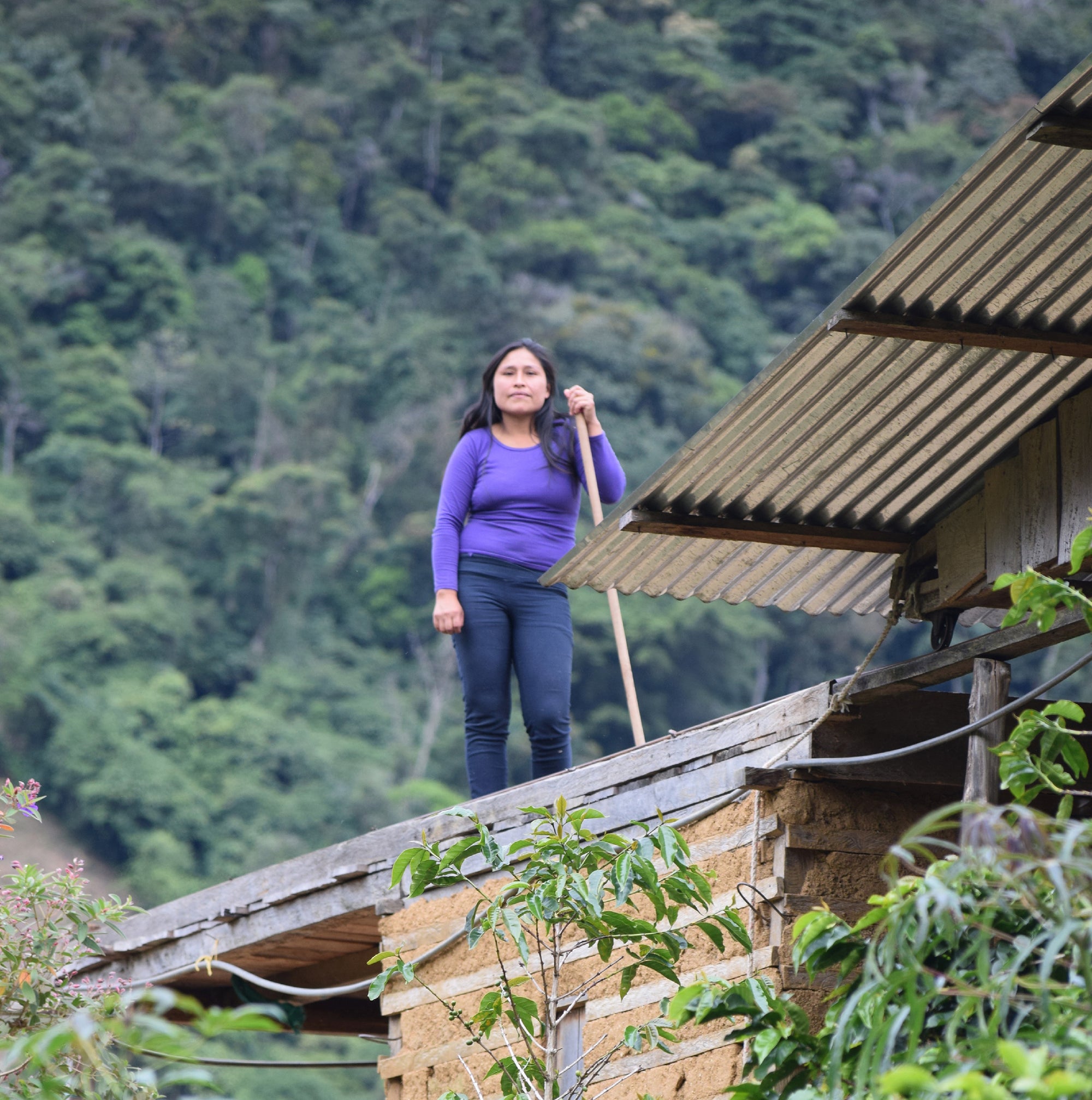
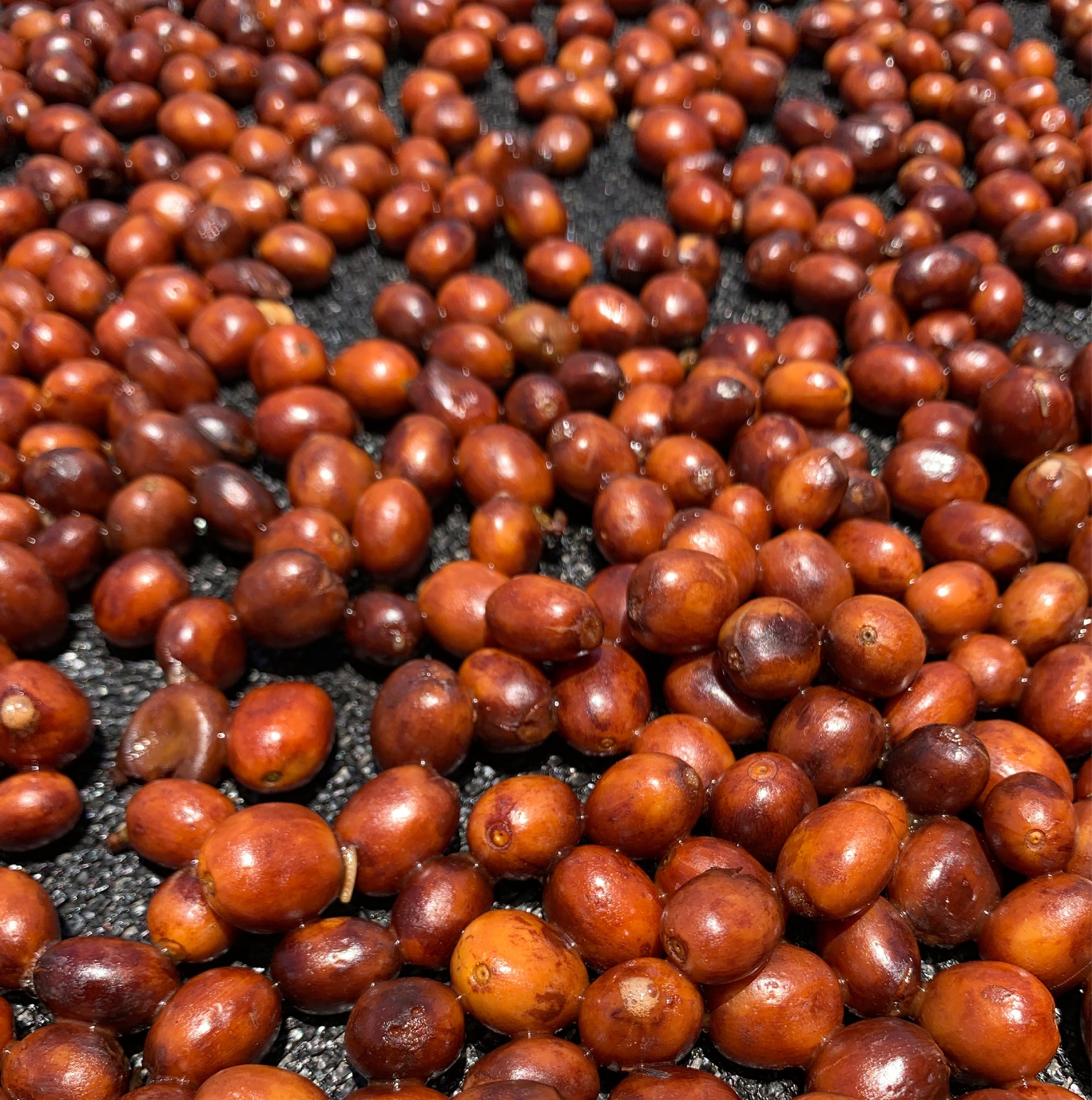
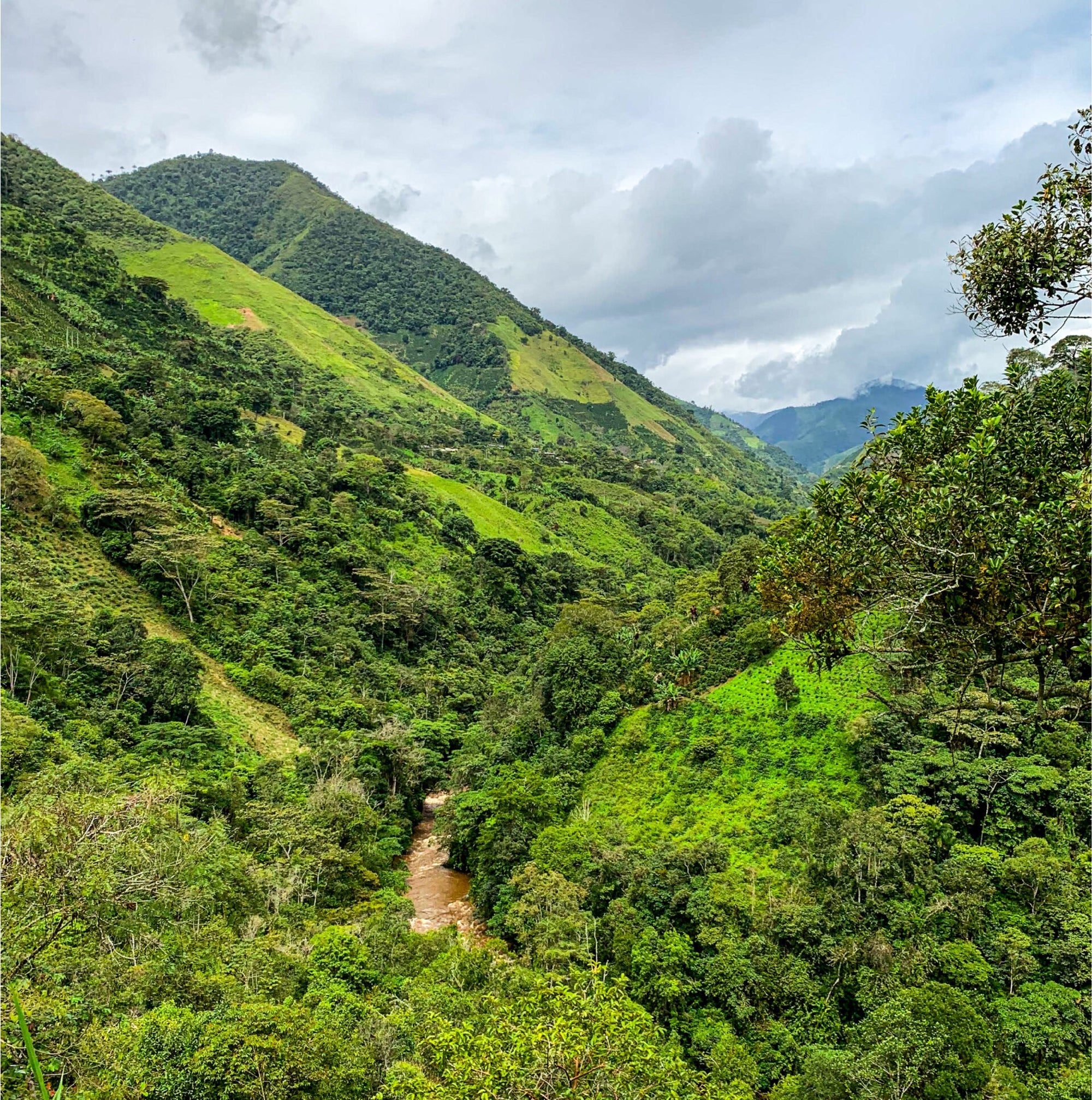
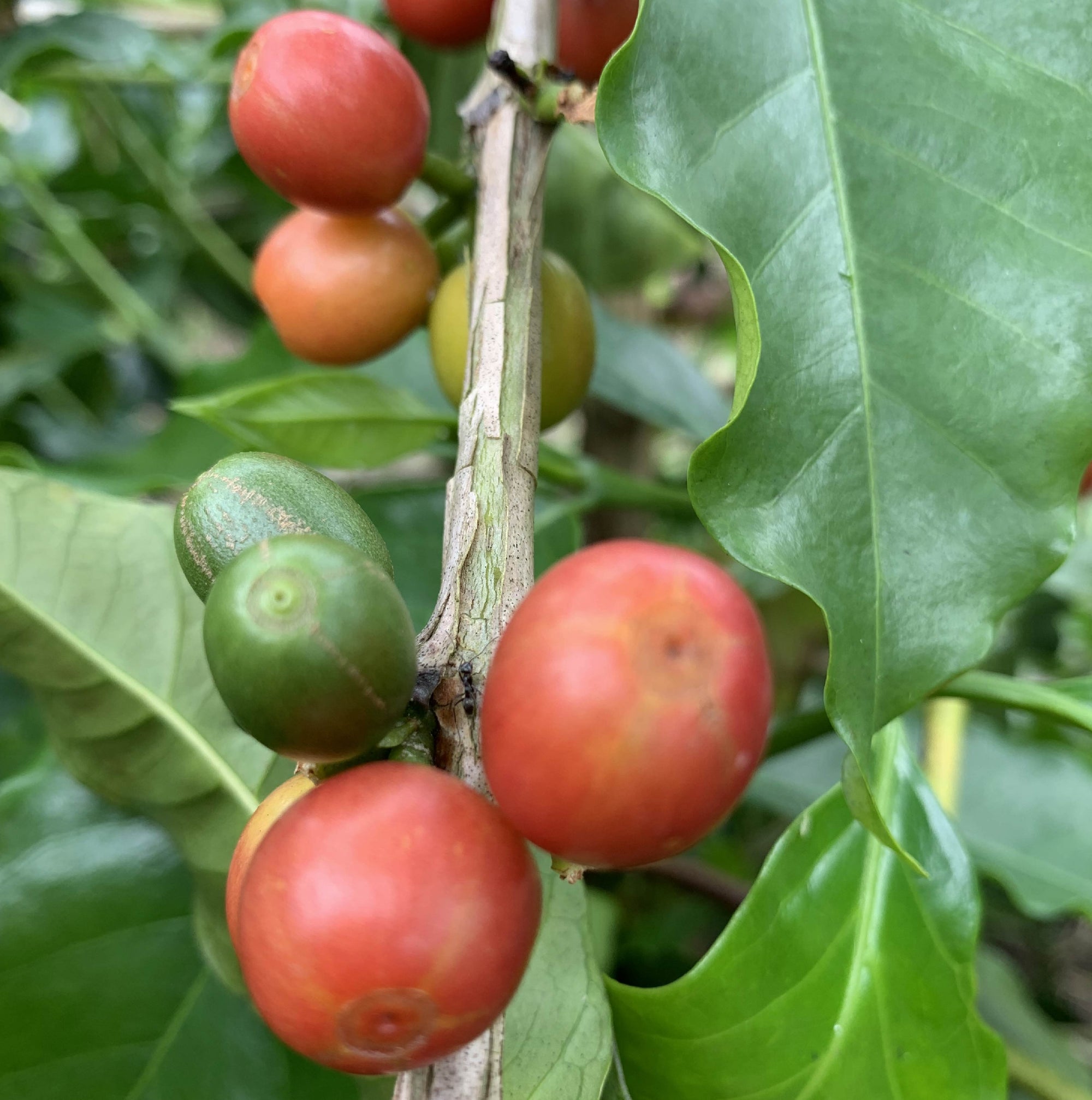
Colombia El Indio Natural - Filter Roast
Natural coffees in Colombia can be risky business and often reserved for the most expensive or exclusive lots. Fortunately this lot from Planadas in Tolima has all the flavour and complexity we love from higher priced, exotic microlots, without the price tag.
Acidity is vibrant with notes of berries, plum and passionfruit and moving through to Dark Ghana Chocolate in the finish.
COUNTRY - Colombia
REGION - Planadas, Tolima
ALTITUDE - 1500 - 2100 M.A.S.L
VARIETAL - Mixed
PROCESSING METHOD - Natural
TASTING NOTES - Blackberry, Plum, Passionfruit, Dark Chocolate
